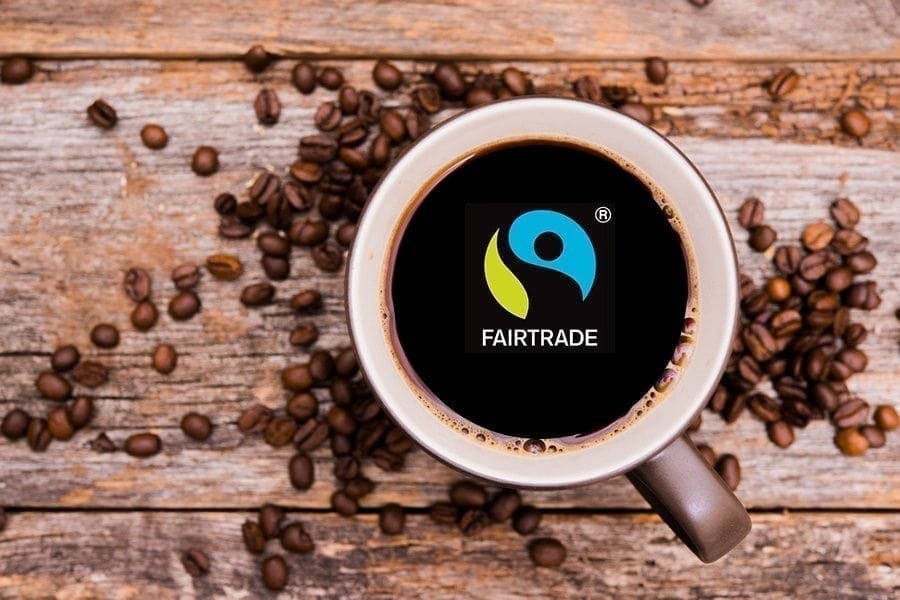At the beginning of Fairtrade Fortnight 2015 (23 February–8 March), figures released by the Fairtrade Foundation show sales of products certified under the ethical labelling scheme are down.
The estimated retail value of sales of Fairtrade products were £1.67 billion in 2014, down 3.7% year-on-year.
Bananas and coffee
The entire grocery sector has faced challenges recently, but some Fairtrade products have performed well despite the current economic climate. Sales of bananas, which were the focus of the Fairtrade Foundation’s Make Bananas Fair campaign, grew 3% by volume, in part due to Tesco relisting a product line early in the year.
Sales of coffee, the focus of Fairtrade’s Great British Fairness Debate campaign, increased 2% by volume, with Fairtrade switches by Tesco, Waitrose and Wild Bean Café, plus innovations such as Fairtrade coffee pods from brands including Cafédirect and Marks & Spencer, playing their part. Volumes of Fairtrade tea and Fairtrade cocoa sales fell slightly, by 1% and 2% respectively.
Fairtrade flowers
In non-food categories, the launch of Fairtrade roses in Aldi and increased Fairtrade flower sales in Asda, Sainsbury’s and the Co-operative, meant that 25 million more stems were sold in 2014 than in 2013, boosting sales volumes of Fairtrade flowers by 30%.
‘For the first time in our 20-year history, the traditional grocery market has been contracting, and the value of food spending is in decline. Given Fairtrade is increasingly part of this mainstream, it’s no surprise that these wider trends are having an impact on Fairtrade sales.
‘Our main concern now is that increasingly aggressive competitive behaviour in the grocery sector could undermine the volumes farmers and workers are able to sell on Fairtrade terms, this will result in real losses to hard working families and communities in some of the poorest countries in the world.’
Michael Gidney, chief executive at the Fairtrade Foundation
The new Fairtrade Sourcing Programs for cocoa, sugar and cotton enable companies to source one or more commodities on Fairtrade terms as an alternative to certifying and labelling finished products with the FAIRTRADE Mark.
Mars
Last week, Mars became the first UK company to announce a commitment under the new Fairtrade Cocoa Sourcing Program to source all cocoa for Mars Bars sold in the UK and Ireland from Fairtrade-certified sources by autumn 2015.
Building on the Fairtrade certification of Maltesers in 2012, this will take total Fairtrade Premiums paid by Mars globally to Fairtrade cocoa cooperatives in West Africa to US$2m per year by 2016.
‘Business appetite to collaborate with Fairtrade remains incredibly strong. To have Mars leading the way with the first commitment to our Fairtrade Cocoa Sourcing Program, on such an iconic brand as Mars Bars, is fantastic news both here in the UK and on the ground with cocoa cooperatives in Côte d’Ivoire.’
Michael Gidney, chief executive at the Fairtrade Foundation
The move means that four of the UK’s top chocolate brands are now directly working with Fairtrade certification.
 Play Video about This Rock Might Just Save The World
Play Video about This Rock Might Just Save The World Play Video about Play 2 hours of rock
Play Video about Play 2 hours of rock Play Video about Play 2 hours of brook
Play Video about Play 2 hours of brook Play Video about Play 2 hours of sheep
Play Video about Play 2 hours of sheep











































